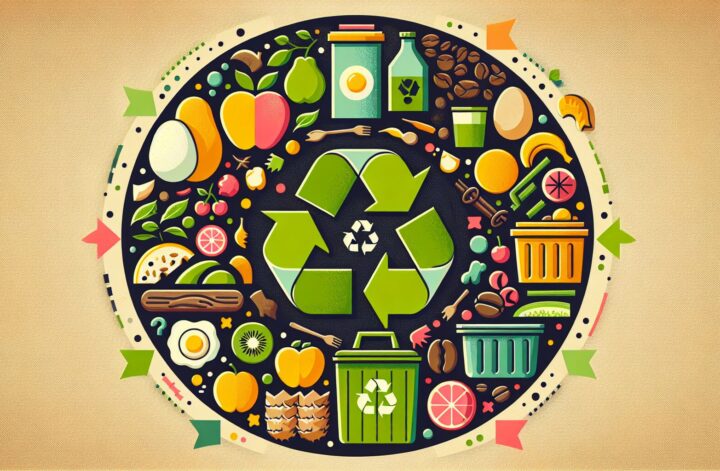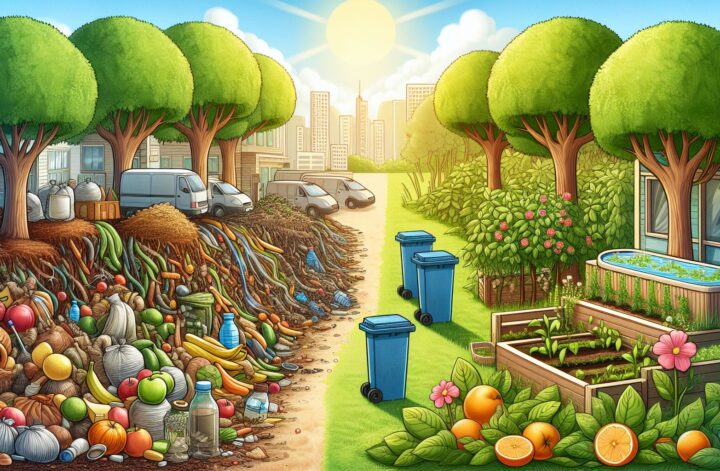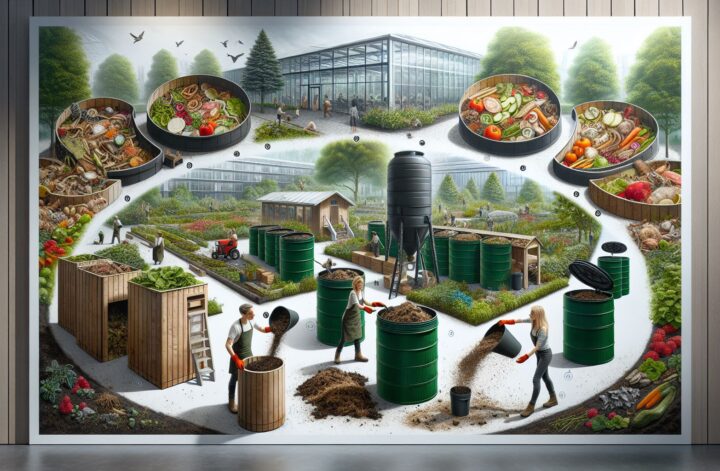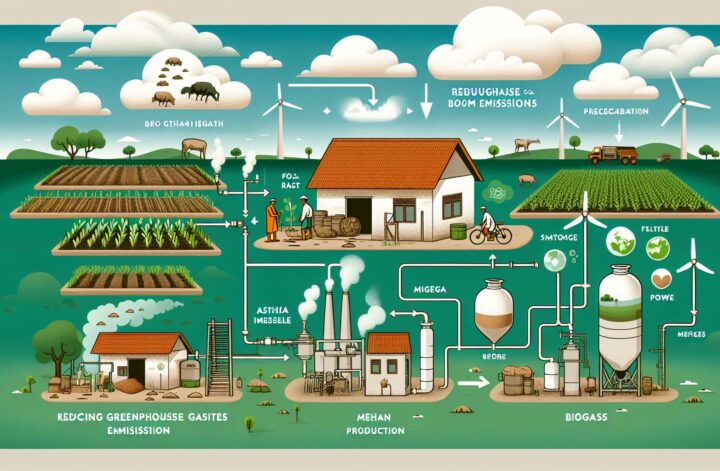Organic waste, commonly found in landfills, composes a significant portion of waste globally. The decomposition of it not only produces unpleasant odors, but it also contributes to global greenhouse gas emissions, which exacerbates the problem of climate change[^1]. Therefore, mitigating the adverse effects of organic waste has become a pressing environmental and societal issue. One promising strategy to address this challenge is through organic waste treatment. This article will discuss in-depth what organic waste treatment is, its techniques, benefits, and even challenges.
What is Organic Waste Treatment?
Organic waste treatment, also known as biological treatment, refers to the controlled decomposition of organic materials by microorganisms. These organic matters include food waste, yard waste, paper, wood, or even other types of biodegradable waste. The primary techniques involved in treating organic waste commonly include composting and anaerobic digestion[^2].
Techniques used in Organic Waste Treatment
Composting
Composting is a process that speeds up the natural decay of organic material by providing the ideal conditions for detritus-eating organisms to thrive. This process transmutes organic waste into a nutrient-rich soil conditioner. The essential steps in composting consist of combining organic waste with bulking agents (straw or wood chips) to allow air to penetrate and nourish the compost. It is then left to ripen, after which it is ready to distribute and use.
Anaerobic Digestion
Anaerobic digestion (AD) is another technique that involves breaking down biodegradable material in the absence of oxygen. The process usually occurs in sealed, oxygen-less tanks called anaerobic digesters. It is a complex series of events that include: (1) Hydrolysis (2) Acidogenesis (3) Acetogenesis and (4) Methanogenesis, while outputting biogas (made up primarily of methane and carbon dioxide) and digestate, a nutrient-rich substance that can be used as a fertilizer[^3].
Benefits of Organic Waste Treatment
Reducing Landfill
One of the primary benefits of organic waste treatment is the reduction of waste going to landfills. By diverting organic waste from landfills and processing it through the aforementioned techniques, we decrease the volume of waste significantly. It pushes the waste sector towards a more sustainable path.
Production of Renewable Energy
With anaerobic digestion, the biogas produced can be used as a renewable energy source. Notably, the methane in biogas is a reliable source of renewable energy which can generate electricity, heat, or be used as vehicle biofuel. By capturing this methane, it is kept from entering the atmosphere, helping to mitigate global warming.
Soil Enrichment
Both compost and digestate created during organic waste treatment are nutrient-dense, providing excellent conditions for plant growth. Additionally, it contributes to soil structure and reduces the need for chemical fertilizers, promoting more sustainable farming practices.
Challenges and Future Perspectives
Despite the many benefits of organic waste treatment, it is not without its challenges. Some issues include the energy required to process organic waste, potential contamination of compost or digestate, and neighborhood complaints about unpleasant odors. Therefore, research and design focused on improving these processes is a critical need. It includes exploring techniques to improve the anaerobic digestion process, such as mesophilic and thermophilic digestion, or optimizing the organic loading rate (OLR) to reduce inhibition of the process.
In conclusion, organic waste treatment, as part of comprehensive waste management, offers promising solutions to environmental issues associated with waste. While challenges persist, with continuous research, innovation, and commitment, organic waste could transition from being a problem to being part of a circular and more sustainable economy.
[^1]: U.S. Environmental Protection Agency. (2020). Organic Materials. https://www.epa.gov/sustainable-management-food/organic-materials#overlay-context=sustainable-management-food/what-you-can-do-conserve-resources-and-prevent-waste
[^2]: The Balance Small Business. (2020). A Guide to Organic Waste Management. https://www.thebalancesmb.com/organic-waste-management-2878039
[^3]: Food and Agriculture Organization of the United Nations. (2013). The State of Food and Agriculture. http://www.fao.org/3/i3301e/i3301e.pdf




